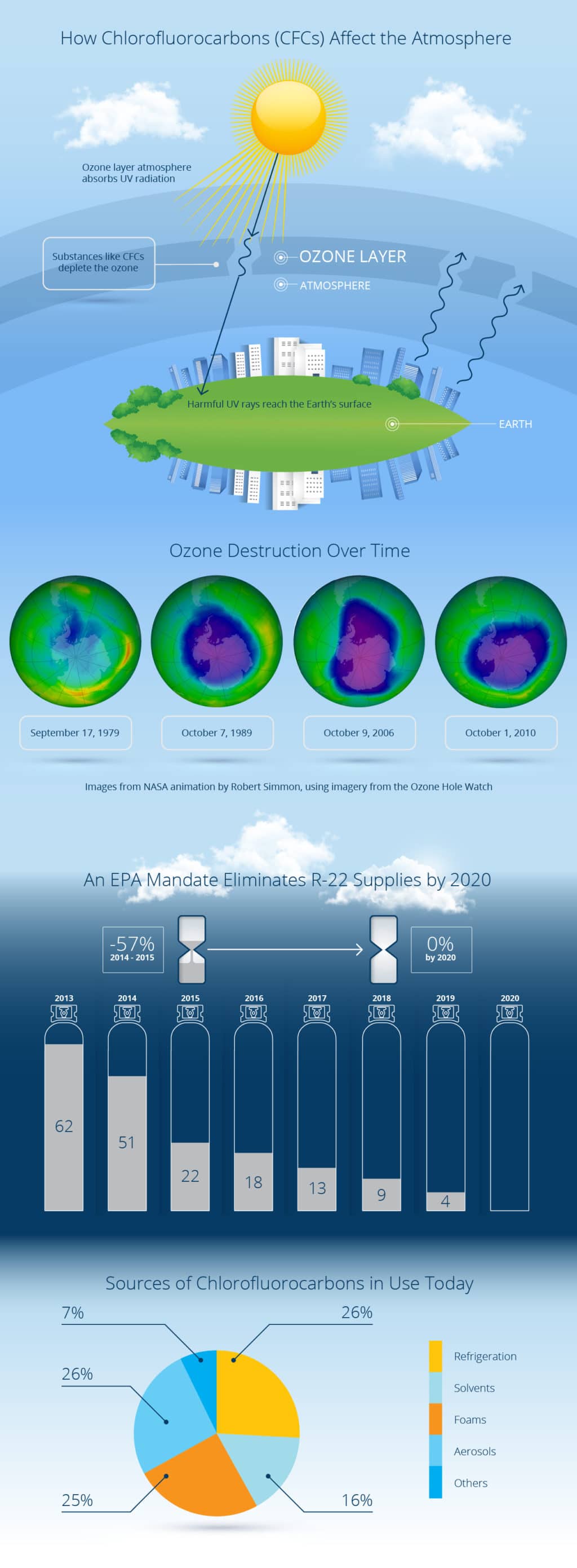Making Best Use Of Convenience And Cost Savings - Tips For Optimizing Your Heatpump Efficiency
Making Best Use Of Convenience And Cost Savings - Tips For Optimizing Your Heatpump Efficiency
Blog Article
Article Produced By-Randrup Yu
Whether you own a heat pump or have an existing boiler back up, there are a couple of points that can be done to enhance your system for efficient operation. By adhering to these ideas, you can maximize convenience and cost savings without straining your system or racking up energy bills.
Readjusting your thermostat for performance is among the very first steps. Making use of zoning capabilities to restrict heating of empty rooms is one more effective technique.
1. Set Your Thermostat to the Right Temperature level
As the periods alter, balancing comfort and cost efficiency can be an obstacle. The good news is, a couple of basic ideas can help you decrease power intake and make best use of cost savings.
Start by establishing the most effective temperature level for your family members, after that set your thermostat as necessary. Avoid making huge raise and down in the temperature level setup, as this will create your heat pump to cycle on and off more regularly, using up much more power.
Instead, progressively reduced the temperature during the night for a much more comfortable sleeping environment. Then, increase it a little in the early morning. Remember to keep air vents open and guided downward when heating, and up when cooling down to enhance blood circulation.
2. Evaluate Your Unit Regularly
A heatpump system requires minimal maintenance, but it is necessary to check the system frequently to capture any kind of issues prior to they become severe. Tidy indoor filters on a timetable set by the supplier or when they're noticeably filthy, and make sure outside devices contend least two feet of clearance to allow for air movement.
Examining the unit will also consist of cleansing, tightening up electric terminals, and running efficiency tests to make certain precision during heating and cooling settings. It's advised to have a specialist service the heat pump two times a year. Carrying out these routine solutions can take full advantage of energy financial savings and prolong the life of the system.
3. Clear Snow and Ice Around the Device
Heatpump are made to operate outdoors and need to be free of snow and ice in order to circulate air. If your heatpump is obstructed by snow and can not pull in air, it will toggle between heating and cooling and may overwork.
It is necessary to remove a two-foot clearance around your outside system in order to boost air movement and avoid ice buildup. Heatpump generally get in a defrost mode in the wintertime to thaw ice and snow but this process can be problematic if your device is obstructed by way too much snow. This will minimize your power effectiveness and cause costly repair expenses in the future.
4. Evaluate the Refrigerant Levels
A heat pump makes use of refrigerant to cool your home in summer season and cozy it in winter season. You can help maximize its efficiency by on a regular basis inspecting the refrigerant levels.
It takes more power to change the temperature of your heat pump from a comfortable readying to a colder one than it does to preserve that temperature level. Changing the temperature for brief amount of times can likewise waste power.
Dripping ducts and filthy air filters can result in uneven temperatures. They can additionally make your heat pump less effective and set you back more to operate. A specialist can find and repair these problems to boost your heatpump's efficiency.
5. Enhance Your Zoning Capabilities
Making use of the zoning abilities of a heat pump can help to minimize power waste by heating up just busy spaces. This not only reduces energy intake yet additionally minimizes operating costs and expands the life of the system.
The Build Balanced Zones device utilizes a genetic algorithm to develop areas that fulfill needed area building standards. These criteria include equivalent location, density, and equivalent number of functions.
In addition, by utilizing smart thermostat technology to optimize the temperature settings based upon tenancy patterns and scheduling, you can better improve your heatpump's effectiveness. Maintaining a clean air filter, ensuring appropriate insulation and having your ductwork examined for effectiveness can all add to boosted energy cost savings also.
6. Shielding the Outdoor Unit
Property owners frequently ask whether it's worthwhile to plant color trees near their outside a/c (A/C) unit. The solution is generally yes, as shading the AC device can help reduce heat from the sun, which consequently helps it cool down more efficiently.
Nevertheless, https://www.achrnews.com/articles/141579-white-slime-is-no-match-for-an-educated-hvac-technician to keep in mind that shielding the AC unit doesn't always cut energy intake. As explained in the Conversation section of the FSEC report, the temperature level of the surrounding air has a bigger influence on cooling effectiveness than does the quantity of air drew in by the air conditioner.
If your cooling compressor gets on the south side of your home, take into consideration planting tall, deciduous trees with broad, vast canopies. These can give sufficient color within one year.